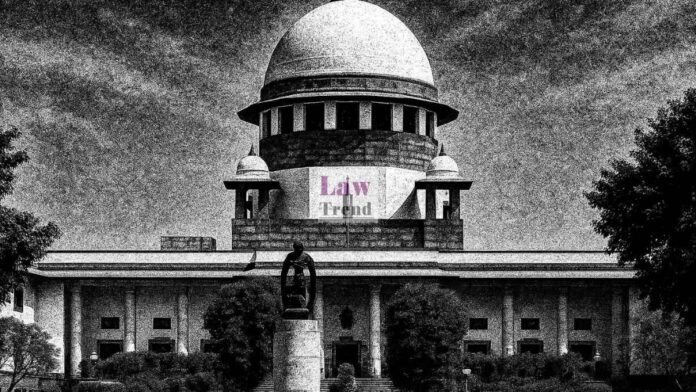The Supreme Court of India, in a significant ruling on the interpretation of abetment of suicide laws, has acquitted a woman convicted under Section 306 of the Indian Penal Code (IPC). A bench of Justices B.V. Nagarathna and K.V. Viswanathan held that heated exchanges and quarrels common in neighbourhood living, without a clear mens rea
To Read More Please Subscribe to VIP Membership for Unlimited Access to All the Articles, Download Available Copies of Judgments/Order, Acess to Central/State Bare Acts, Advertisement Free Content, Access to More than 4000 Legal Drafts( Readymade Editable Formats of Suits, Petitions, Writs, Legal Notices, Divorce Petitions, 138 Notices, Bail Applications etc.) in Hindi and English.




